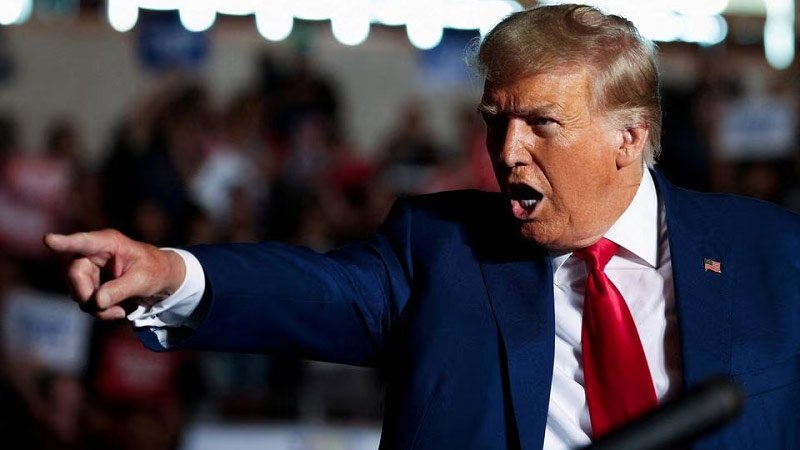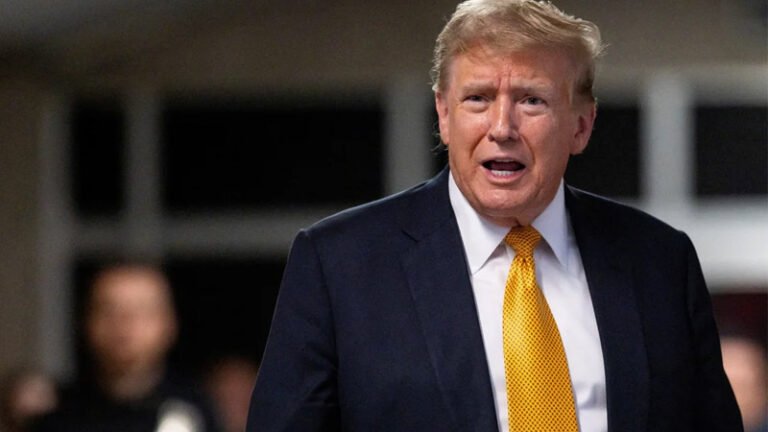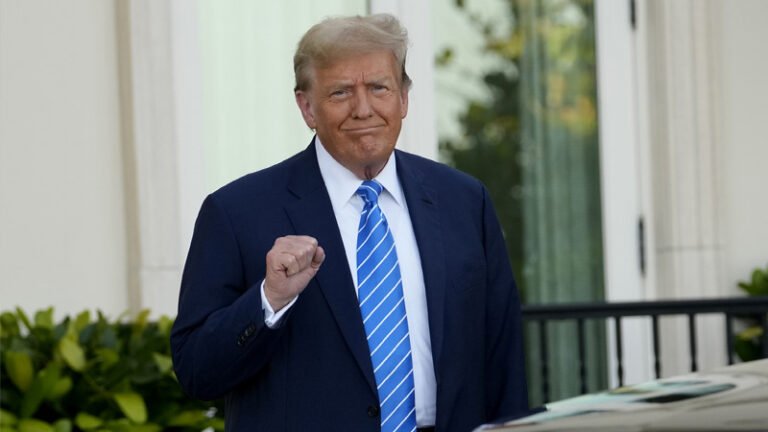
REUTERS
Every four years, as the U.S. presidential election approaches, familiar warnings surface: the uncertainty surrounding the election could significantly impact your 401(k)! While such claims may heighten anxiety among investors, it’s essential to recognize that, for many retirement savers whose portfolios primarily consist of funds tracking the S&P 500 or other broad market indices, this noise may not lead to substantial changes. report from AP News.
Historically, stock markets exhibit increased volatility in the months leading up to Election Day. According to a review by Monica Guerra, a strategist at Morgan Stanley, the bond market experiences an average 15% increase in volatility from mid-September through Election Day. This heightened instability can be attributed to financial markets’ aversion to uncertainty, particularly regarding which policies will prevail after the election.
However, once the election results are in, regardless of which party secures the White House, the uncertainty tends to fade, and markets typically stabilize. Guerra’s analysis indicates that post-election, volatility decreases, allowing markets to refocus on broader economic fundamentals.
Long-Term Trends Over Political Control
What ultimately influences stock market performance over the long term is not merely which party occupies the White House, but rather the state of the U.S. economy within its cyclical trajectory, moving from recession to expansion and back again. Guerra emphasizes in her report, “Over the long term, market performance is more closely correlated with the business cycle than political party control.”
Currently, opinions vary regarding where the economy stands in its cycle. Since the recession triggered by the COVID-19 pandemic in 2020, the economy has shown signs of growth. Some investors harbor pessimistic views, believing that this expansion is nearing its conclusion due to the cumulative effects of the Federal Reserve’s previous interest rate hikes. Others, however, maintain a more optimistic outlook, suggesting that the economy could continue to expand now that the Fed is cutting rates to stimulate growth.
Sector Performance and Congressional Control
While the overall political landscape may impact stock indexes, specific sectors and industries may feel the effects more acutely. Historically, technology and financial stocks have outperformed the broader market in the year following a Democratic president’s inauguration, while raw material producers have seen relative gains after a Republican president takes office, according to Morgan Stanley.
Furthermore, control of Congress plays a crucial role in economic stability. A gridlocked Congress, where control is split between parties, typically results in less drastic changes to fiscal and tax policy, regardless of the president’s party affiliation. told by CT Post.
This election cycle, however, presents unique challenges, particularly with former President Donald Trump, a staunch advocate of tariffs, in the mix. If the U.S. were to impose sustained and universal tariffs, economists and strategists at UBS Global Wealth Management predict that U.S. stocks could decline by approximately 10%. Such tariffs would function as a sales tax on U.S. households, ultimately impacting consumer spending.
Fortunately, UBS analysts assess the likelihood of such a scenario as relatively low, estimating a mere 10% chance.
Conclusion
In summary, while election years can introduce uncertainty and volatility in the markets, it is crucial for investors to maintain perspective. Long-term market performance is more closely linked to the economic cycle than political changes. By understanding the broader economic context and potential sector impacts, investors can better navigate the challenges that arise during election seasons, ensuring their 401(k) remains on track for future growth.





